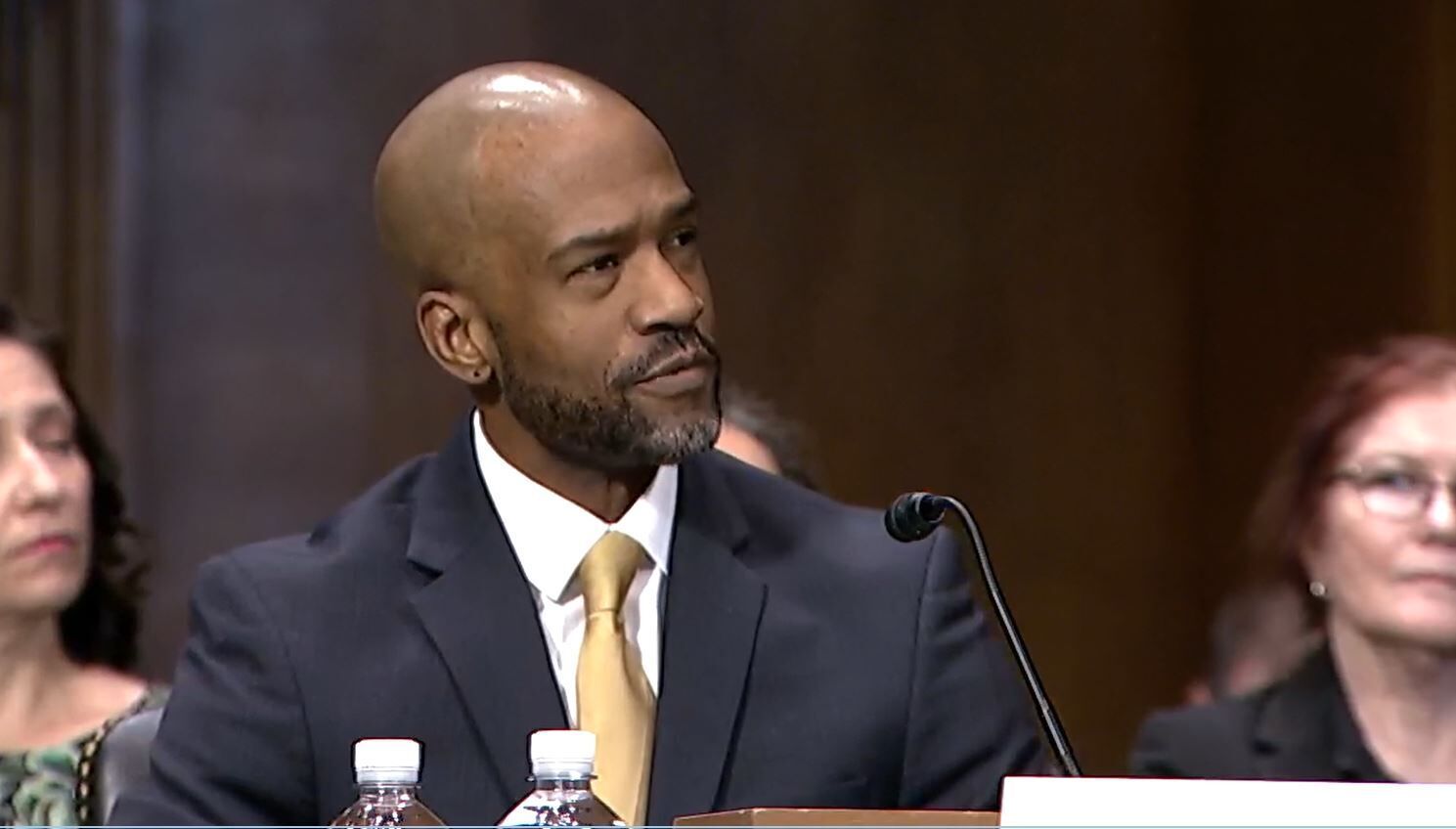Federal judge advances retaliation-related claims of Castle Rock employee

A federal judge on Thursday largely declined to dismiss multiple retaliation-related claims from a Castle Rock employee, while cautioning that the discovery of evidence would shed light on the circumstances surrounding the town’s actions.
Matthew Gasser, a senior athletics supervisor, alleged Castle Rock learned in summer 2023 that an employee may have manipulated certain receipts to adjust for improper sales tax payments by the town. The town engaged a forensic accounting firm and also conducted a criminal investigation. Gasser alleged the inquiry cost more than $100,000 and found only $3,000 in improper sales tax payments.
Although neither investigation showed wrongdoing on Gasser’s part, he alleged that human resources manager Sheryl Coffey became “personally offended” by his text message exchange with a former town employee that Coffey had discovered through the investigation. Specifically, Gasser had asked whether the “State of the Town” address was “all about taxes and witch hunts.”
Allegedly, Coffey pursued Gasser’s termination and spread falsehoods about him. Gasser’s supervisor refused to fire him.
In October 2023, the town manager was scheduled to talk with Gasser’s supervisor about Gasser’s employment. Allegedly, Detective Mike Williams, who had performed the police inquiry into the sales tax issue, spoke with the town manager and “agreed with Sheryl Coffey that Gasser should be terminated based on ‘character’ concerns.”
Gasser alleged Williams and Coffey were having an undisclosed affair, and Williams’ views were, therefore, an improper influence on town decision-making.
Eventually, Gasser declined to resign and the town manager took no action to terminate him. Instead, Gasser received a 10-day suspension and became ineligible for a pay raise for one year.
Gasser filed suit accusing Coffey of defamation and other claims. He also alleged the town retaliated against him for his text message comments about the “witch hunt” investigation, in violation of his First Amendment rights.

Gasser sought monetary damages and a retraction of the disciplinary letter Coffey had authored against him. The letter and other related documents were shielded from public view on the court’s docket, after the parties agreed the materials contained confidential employer-employee information.
The defendants moved to dismiss Gasser’s lawsuit, alleging Gasser had committed misconduct beyond what he described in his complaint. Coffey argued the claims against her, made entirely under state law, were blocked by the Colorado Governmental Immunity Act. She maintained she was entitled to civil immunity unless her conduct was “willful and wanton.”
“Cases that have examined the concept of willful and wanton conduct,” Coffey’s lawyers wrote, “demonstrate there has to at least be a nexus to the plaintiff’s physical safety,” which was missing from Gasser’s lawsuit.
Castle Rock, meanwhile, argued Gasser’s First Amendment claim could not succeed because, as a public employee, he had to demonstrate his speech was constitutionally protected as a matter of public concern.
“By Plaintiff’s own admission, the ‘taxes and witch hunts’ message was not a matter of public concern, but was merely a matter of personal interest between Plaintiff and” the recipient, wrote the town’s attorneys. “Even if Castle Rock never learned of Plaintiff’s ‘taxes and witch hunts’ message, Plaintiff would have suffered the same disciplinary action for the numerous other instances of Plaintiff’s workplace misconduct.”
In an Aug. 14 order, U.S. District Court Judge S. Kato Crews largely declined to dismiss Gasser’s claims. He observed a state Court of Appeals decision from December, while not precedent-setting, concluded that “willful and wanton” conduct by a government employee does not have to injure someone physically. As it stood, Gasser had sufficiently alleged Coffey harmed him by disseminating false accusations.
“And the allegations create a reasonable inference that because she knew her statements were false, she intentionally recruited her romantic partner, Detective Williams, to offer his irrelevant personal opinions on Plaintiff’s character,” Crews wrote.
As for the claim of First Amendment retaliation, Crews acknowledged it was unclear whether the town would still have disciplined Gasser had it not known about the “witch hunt” texts.
But Gasser’s reference to the “State of the Town” address “does, in fact, suggest his comments were on matters of public concern,” Crews wrote. Therefore, he permitted Gasser’s constitutional claim based on protected speech to proceed.
Crews did, however, dismiss Gasser’s claim for breach of contract against the town.
The case is Gasser v. Coffey et al.












